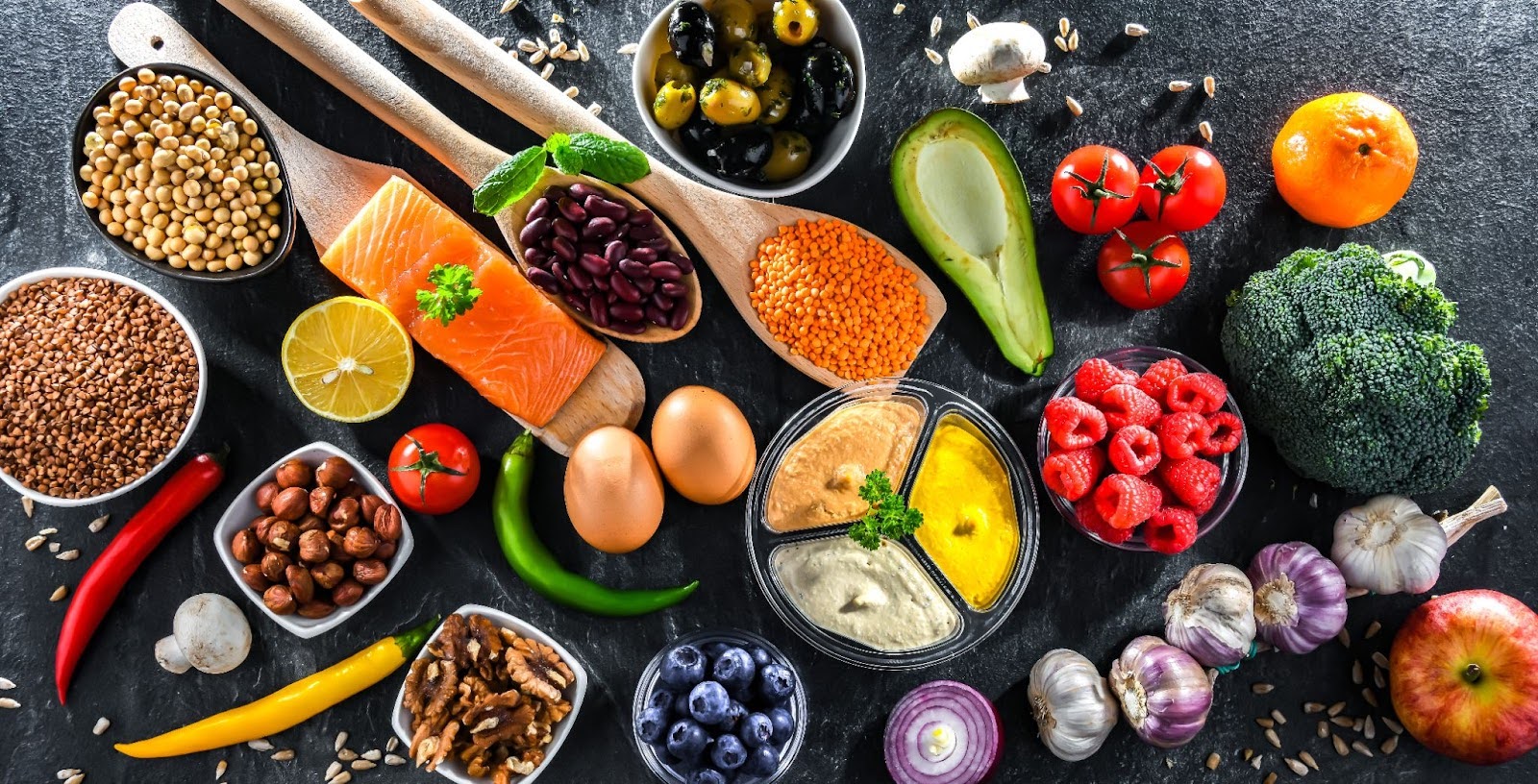Uncovering Beliefs about Food
I’m bad if I don’t clean my plate, I can’t let food go to waste. I have to eat that, my mom prepared it. Carbohydrates are bad. It’s bad to eat after 6:00 pm. Ice cream is bad. My wife is always on me about my Diabetes, I will sneak food and show her who’s boss. I have to go out to lunch to be a team player.
Do the statements above sound familiar? They can when we have been thinking about calories or restriction too long, or have been strongly pressured that eating relates to approval or power. These disruptive beliefs are often seeded from childhood, long durations of dieting, or internal competition from others that only give us negative barbs, hopeless phrases, and guilt-provoking indictments. Scream a loud ‘no’ to these thoughts in your head that might make you think that you are ‘good’ for eating under 1,000 calories or ‘bad’ because you ate a piece of chocolate cake. Chasing these non-serving beliefs away is a critical step in returning to a healthier relationship with food.
Numerous studies and evidence show that by restricting eating, people start to obsess about food, dream about food, and ultimately overeat when finally allowed to eat what they have been restricting. When we allow all foods, you avoid the “last supper mentality” that often precedes a diet. Foods that were once “forbidden” are no longer as enticing because you are allowed to eat them.
Enter, the
Intuitive Eater, someone who allows themselves to eat the food they want to eat, but who truly knows what the body wants to eat. Challenge the old way of thinking. Eliminate phrases like “deserve”, “I should eat this etc.”, “being good” or “failing” when you are talking or thinking about food. These old patterns are classic signs your beliefs are geared towards the diet mentality and will prove to hinder your weight management efforts. Using a
hunger scale can be the first step to learning your body needs and not what your beliefs have decided for your body.
3 Steps to Eating More Intuitively
Paying attention to how the body feels will help you know when you need food, when you’ve had too much, and when food doesn’t really agree with you. You may discover foods that you thought you enjoyed that you really don’t, or vice versa. And in the end, you may have a different perspective on what it means to enjoy food!
1. Notice What Your Body is Telling You. Eating is something we do whether we are hungry or not; we often don’t know! In order to change behavior, we need to pay attention to what we are eating at the time we are eating it. The next meal you have, listen to your body before, during, and after. See if you spot any new clues of your body’s hunger and satisfaction. This will help you become a more mindful eater.
2.
Get Curious About Why You Are Really Eating. If you aren’t eating because you need the food, something else is driving you to eat. That doesn’t make you wrong or bad, it just means that your behavior is being driven subconsciously, which makes being in control very difficult when you aren’t aware of what is driving your actions. Learn about
biological versus emotional hunger.
3.
Choose to Eat What Feels Best. The most important thing you can do for yourself is to avoid dieting and dieting beliefs, which is a trigger for rebellious overeating when you inevitably fall out of the diet rule book.
95% of diets fail and often contribute to weight gain over the long-term. Instead, eat because you are hungry and choose foods that leave you feeling good physically without feeling deprived emotionally.
Food Choices: What is Affecting Me?
What, how much, and where we eat is often based on our culture. We tend to do what is familiar, and the family tradition can, at times, improve or interfere with our intention to be healthy. Recognizing these influences is the first step to determining why we make certain choices and what is going to be healthy for us.
Many of us were instructed to
“clean your plate,” which in theory is really helpful for preventing food waste, however what our parents didn’t know was that portion sizes were going to
dramatically increase over our lifetime. When the normal becomes to finish everything that is on the plate, we will not only end up eating more because sizes given have increased but we also are not listening to our fullness cues. Instead, listen to your body when eating, and if you notice you don’t finish all the food, aim to make or take less the next time around.
Using food as a reward or a punishment: You may have said or overheard someone say, “If you finish your vegetables, you can have dessert.” This messaging is saying sweets and things that really should be an occasional treat will be used as a reward and that unduly glamorizes them and puts a value on them that they shouldn’t have and, simultaneously, demonizing vegetables. Instead of having dessert as a reward, try having dessert once or twice per week. It would be special and it would be unrelated to anything else.
We may think that the healthy choice is the more expensive choice. It is easy to confuse convenience with cost. However it is about balancing priorities. So preparing things in advance, like on the weekends can be helpful. It does requiring planning, it does require preparation. If it is a priority, you can think about that planning as a way of expressing your love for your family as well; planning in advance so that you know that you’re going to be providing a more helpful food option on those days where life is chaotic.
|
Negative Self-Talk
|
Replace With…
|
|
“I have been bad”
|
“I can do better, and will start by….”
When we mentally equate eating too much to a childlike behavior, we begin a childlike cycle of punishment and reward for eating the certain types of food. Focus on food habits rather than one-off eating occasions to develop better food perspective and focus on what you are doing right!
|
|
“I will start my new diet Monday”
|
“I will aim to eat better at dinner tonight.”
Regularly postponing and starting over with good eating habits makes us miss time and may hinder us from making long-term progress. Rather the “new diet start” days become days when we eat well before giving into the food-reward mentality. If you are committed to changing your lifestyle for good, start the very next meal!
|
|
“It has been a bad day, I need/deserve this”
|
“It has been a bad day, I am going to take 5 minutes and get some fresh air.”
Giving yourself permission to eat when you are sad, bored, tired, lonely orfrustrated can being a lifelong pattern of emotional eating. Practice tending to your emotional needs with sleep, the support of good friends, exercise and rest and leave the food for special occasions and your regular meals and snacks.
|
|
“I am on a no-carb/sugar/alcohol/wheat/dairy detox this week.”
|
“My goal this week is to eat dessert no more than 3 times this week.”
For many, regularly banning certain foods and nutrient groups simply fuels the ‘all or nothing’ diet cycle. Also, self-regulatory studies have shown that extreme restriction requires significant focus from the brain, which is difficult to maintain when other aspects of life also require focus. This may be why people can severely restrict for a short period of time but need a new plan for the long haul. Instead of eliminating whole food types or groups, consider a more moderate approach.
|
Toodles,
Miriam
Resources: Laura Katleman-PrueTranspersonal Psychologist, Carl Simonton, MD, Getting Well Again, Dr. Cynthia Morrow, Susie Burrell R.D., www.Intuitiveeating.com,
The information contained in this material is for informational and educational purposes only, and is meant to complement the advice and guidance of your qualified healthcare provider.










Comments - 0